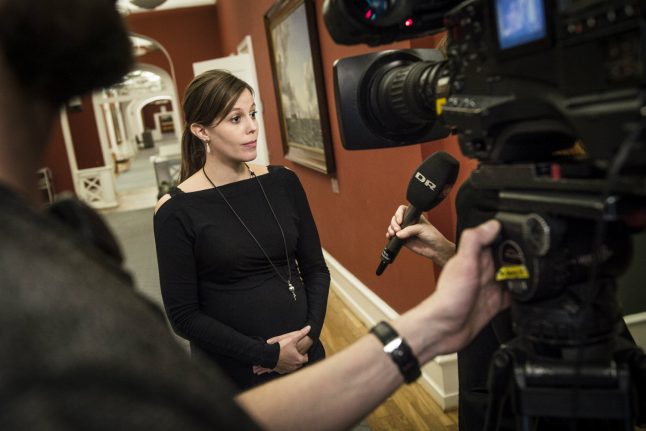The Conservative party MP says that children who speak other languages at home risk being left behind in Danish at school, so should be helped from an early age.
“It is very sad when we see many children with insufficient Danish vocabulary and language skills,” Mercado said, according to a report by news agency Ritzau.
A recent report by Copenhagen Municipality showed that 44 per cent of school children with non-Western backgrounds that started in kindergarten classes in 2015 required extra help with their Danish.
Mercado said she wanted to propose a bill that would enable local municipalities to assess Danish language skills amongst children as young as two.
“It is simply clear to us that some children need an earlier intervention,” Mercado told Ritzau.
The bill would allow children from non-Danish speaking homes to attend kindergartens as a way of improving their language skills, should this be considered necessary.
Education Minister Merete Riisager of the libertarian Liberal Alliance party said that, while she supports the suggestion, parents must also bear responsibility for children’s Danish abilities.
“The is a large statistical difference between children with Danish and non-Western backgrounds. The home environment is crucial for the ability of children to learn and take part at school,” Riisager said to Ritzau.
Parents must take an “active” role in ensuring that the statistical difference is evened out, the minister said.
Nationwide association Kommunernes Landsforening (Local Government Denmark) also recently called for early language testing to be introduced in the form of screening, arguing that it would help prevent social inequality.
According to the Copenhagen Municipality figures, only 11.7 per cent of ethnic Danish children starting kindergarten in 2015 needed “special or focused help” with their Danish.
The numbers for both groups fell slightly on 2014, when they were 47 and 12.3 per cent for the non-Western and Danish classifications respectively.




 Please whitelist us to continue reading.
Please whitelist us to continue reading.